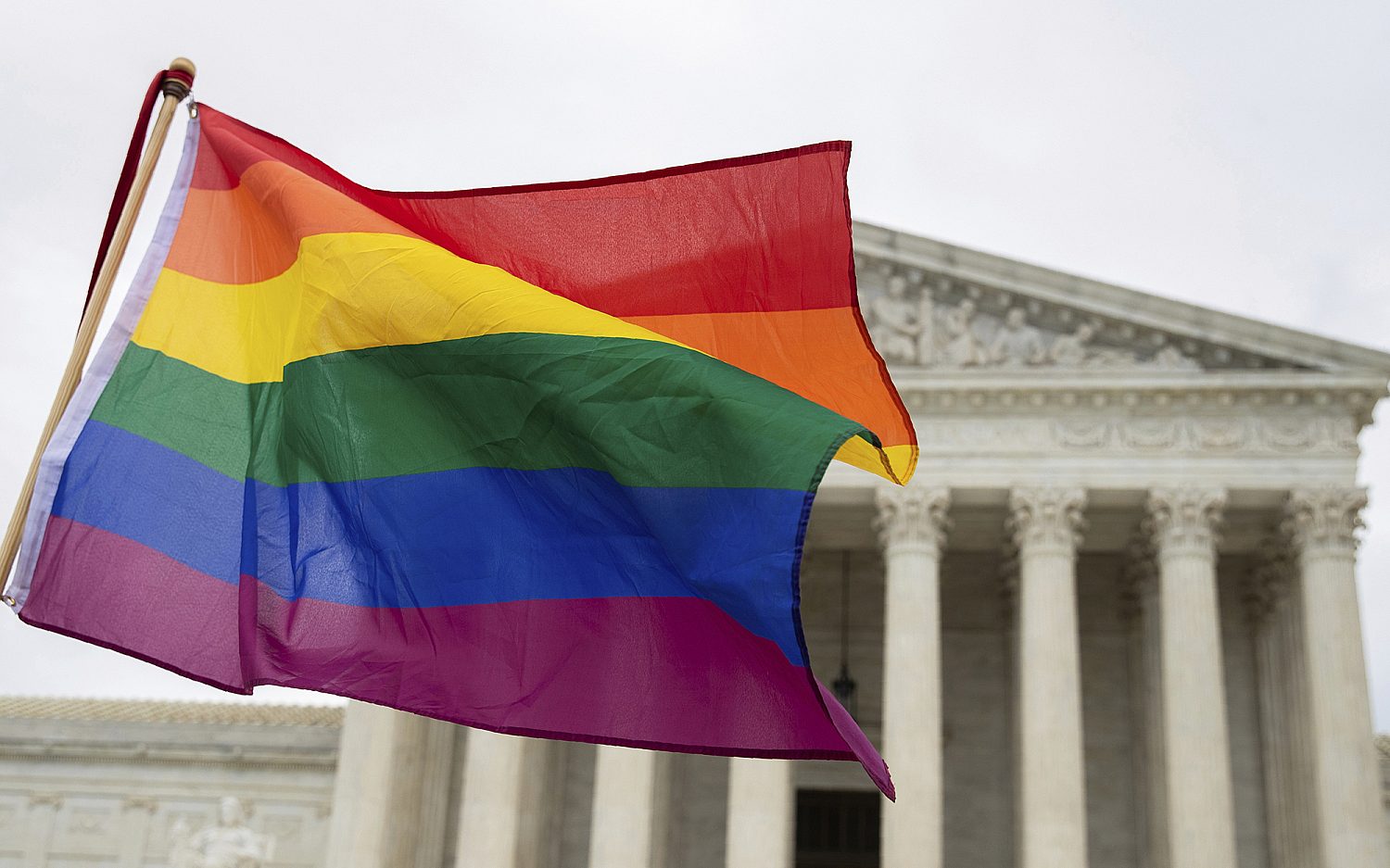Texas Supreme Court lifts hold on execution in shaken baby murder
The highest court in the Lone Star state ruled Friday that the execution of convicted murderer Robert Roberson may go forward, lifting the court’s previous injunction on the execution issued last month. Roberson, convicted in 2003 of killing his 2-year-old daughter a year earlier, was set to be the first person executed in the United States for a murder conviction based on shaken baby syndrome. His case gained national attention just before his scheduled execution last month when advocacy groups and state politicians insisted Roberson was wrongfully convicted. On the day his sentence was scheduled to be carried out, the Texas Supreme Court issued a stay of execution.
What made the Texas Supreme Court change its order? The high court ordered the initial injunction in the name of due process, allowing Roberson to testify at a hearing before the Texas House of Representatives Criminal Jurisprudence Committee set for the week after his scheduled execution. The court’s new order removed the injunction after ruling that the legislative branch’s power to request testimony was not strong enough to stop another branch from carrying out a long-scheduled execution. The court opinion, penned by Justice Evan Young, noted that the Friday ruling only answers a question on the separation of powers, and does not address the legitimacy of the prisoner’s verdict or the appropriateness of the sentence. The ruling clears the way for the Texas Department of Corrections to move forward with the execution.
Why is there such controversy over his execution? A jury convicted Roberson in 2003 of murdering his infant daughter, Nikki Curtis. Roberson brought Nikki to a local hospital when she stopped breathing one night in 2002. Medical staff noted bruising in several places on the comatose child’s body, and a CT scan showed severe brain trauma. An autopsy later attributed the child’s death to blunt force head injuries, according to court documents. A common cause of brain injury and swelling in infants is shaken baby syndrome; a form of child abuse that occurs when a caretaker violently shakes an infant and causes permanent brain damage.
However, Roberson’s legal team alleged that symptoms like brain bleeding and swelling can be caused by medical conditions other than shaken baby syndrome. Some medical professionals believe Nikki died from a combination of severe chronic viral pneumonia that went undiagnosed. That, coupled with a secondary acute bacterial pneumonia, developed into sepsis, the inmate’s attorneys alleged. Roberson’s lawyers further argued that the science behind shaken baby syndrome is questionable, despite a wide portion of the medical community backing the diagnosis.
Dig deeper: Read my report for details on Texas Attorney General Ken Paxton’s rebuttal to arguments for Roberson’s innocence.
An actual newsletter worth subscribing to instead of just a collection of links. —Adam
Sign up to receive The Sift email newsletter each weekday morning for the latest headlines from WORLD’s breaking news team.




Please wait while we load the latest comments...
Comments
Please register, subscribe, or log in to comment on this article.